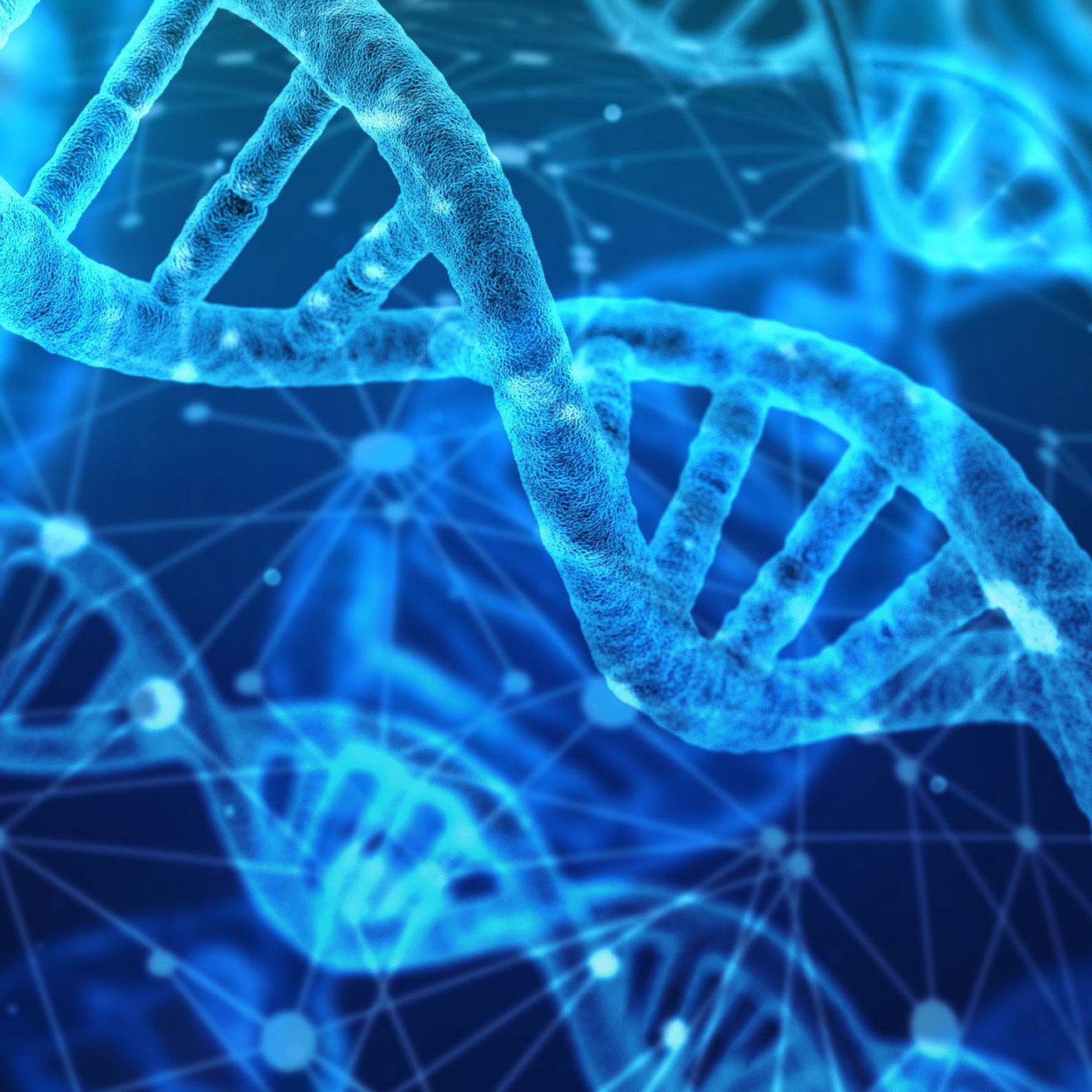
About Us
The Attachment and Neurodevelopment Lab is directed by Dr. Lane Strathearn, a Neuroscientist and Developmental Pediatrician at the University of Iowa Stead Family Children’s Hospital.
Our lab explores how early relationships between parents and children shape brain development and long-term well-being. We use tools like brain imaging, eye-tracking, and hormone analysis to better understand how parents respond to their children—especially in situations involving stress, substance use, or developmental challenges like autism. Our goal is to support healthy development by learning how strong, nurturing relationships are built from the very beginning.
Dr. Strathearn works closely with a dedicated team of researchers, students, and clinicians.
Dr Strathearn presented a talk on child development and autism at the University of Queensland.
Help Advance Science - Participate Today!

AGES Study
The goal of AGES is to understand how a person's genes and experiences influence child development in children with and without ASD. We are recruiting Mothers of children between 18 months to 3 years of age.
Mothers will be asked to use a tool called BabySteps on their smartphone, where we will invite them to respond to surveys about themselves and their child. We will also invite participants to our lab at the Center for Disabilities and Development near UIHC to provide genetic samples.

Predicting autism diagnosis using TELE-ASD-PEDS
We are recruiting pediatric patients, ages 14 to 48 months, who are at-risk for Autism Spectrum Disorder (ASD) but have not received an official ASD diagnosis. We will use the TELE-ASD-PEDS evaluation tool in order to remotely evaluate children from their homes or from within the patient room, with the help of their parents.

PAGES Study
We are recruiting women who are in the first 27 weeks of their pregnancy to participate in an exciting new research study. We hope to learn more about how pregnancy and early childhood experiences affect child development and behavior.
Mothers will be asked to use a tool called BabySteps on their smartphone, where we will invite them to respond to surveys about themselves and their child. We will also ask for your child to provide a cheek cell sample, which will be sent by mail.